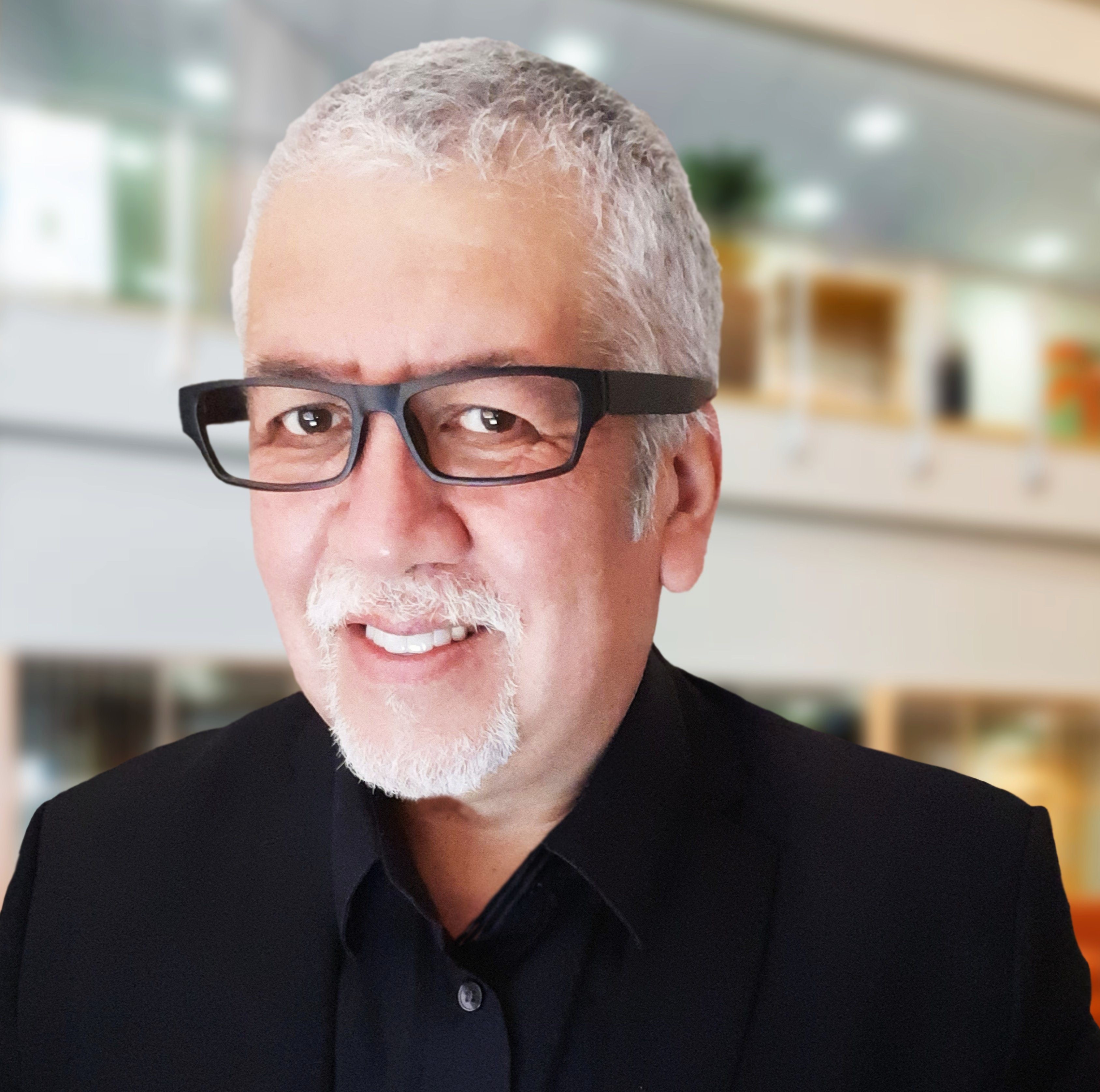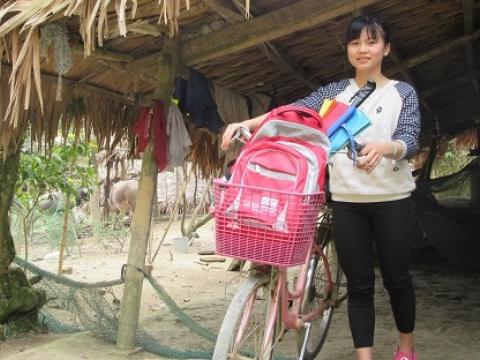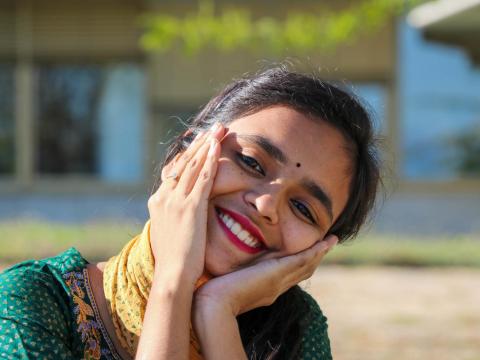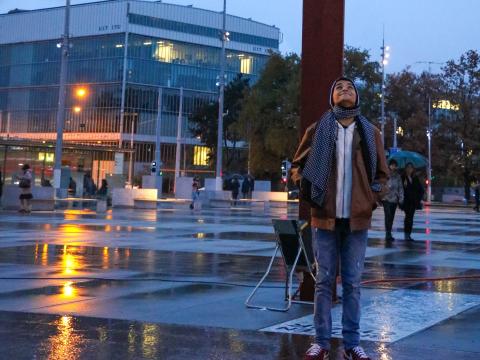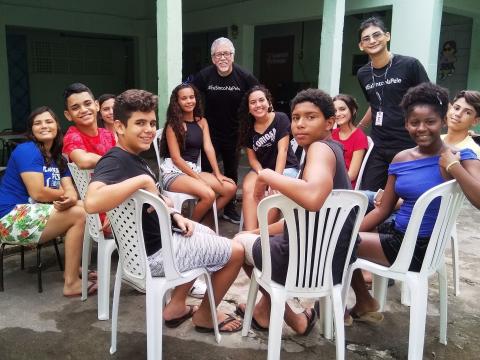
Why we should look up, not talk down, to children
By Patricio Cuevas-Parra, Director - Child Participation and Rights, WVI
Apart from parents of small children, New York, insomniacs and sharks, do you know what doesn’t sleep? Our obligation to recognise and realise human rights. As individuals and as members of the international community, we have a duty that does not discriminate and does not end. Everyone on this planet is entitled to equal rights regardless of their race, or ethnicity, regardless of their religion, their gender, how they vote, how much property they own, or where they were born.
Despite this, millions of people are today struggling to realise their rights. Despite dignity and respect being inherent attributes of all human beings, I’ve met children, young people and adults all over the world who can only dream of equal treatment. I carry their experiences and their hopes with me. Today, on Human Rights Day, they deserve to be recognised, the power of their potential realised, and their role as competent shapers of society respected.
As a child rights advocate, I regularly travel and meet children who tell me horrific stories about what has happened to them. But I also meet children who recount for me empowering and rewarding experiences of realising, promoting and protecting their rights. I hear these stories more often than you might believe. I wish you could hear them, and know them. Here are just two…
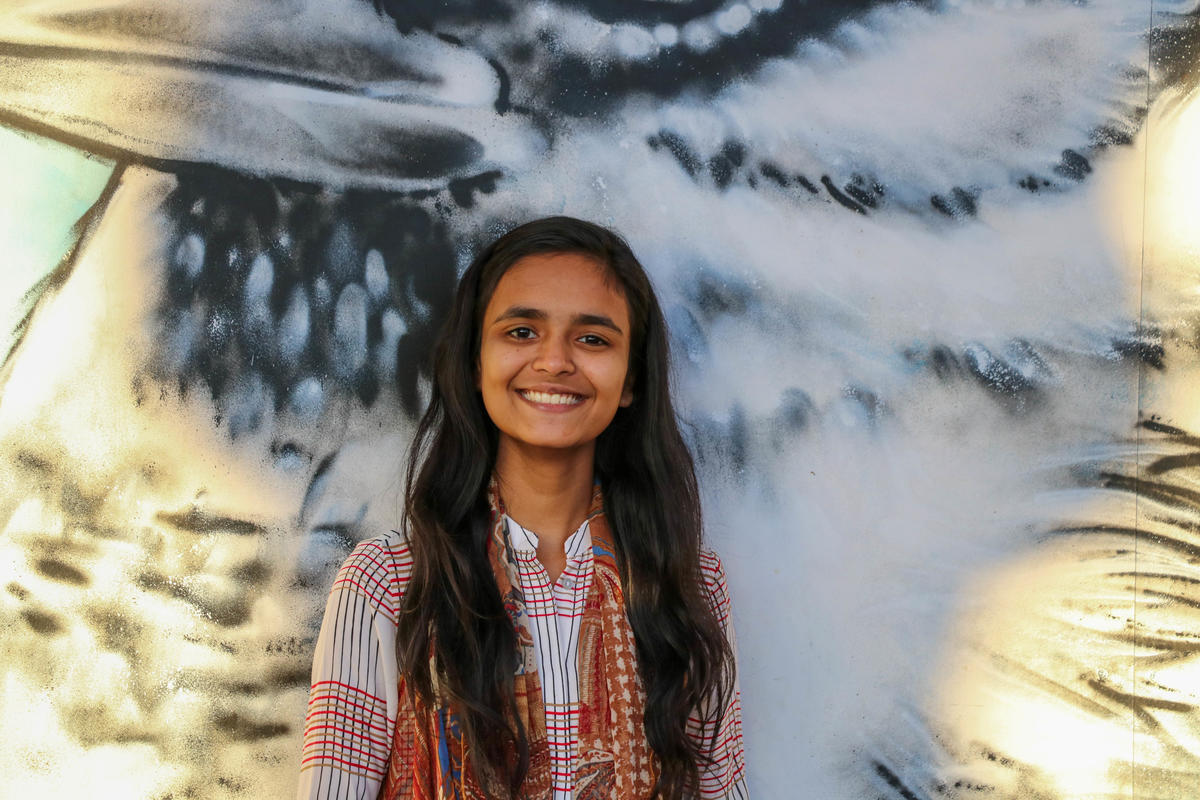
Dola, age 16, assistant secretary of National Child Forum of Bangladesh and Young Leader
A few weeks ago, in a fairly stuffy meeting room in Geneva I sat across the table from a remarkable 14-year-old girl. Dola is from Bangladesh, and she looked me in the eye with a mix of pride and determination as she recalled how she and her friends organised themselves to directly intervene when they found out one of their classmates was to be forced into child marriage. They don’t throw themselves in the path of people coming to take their friends away. They ask for meetings with community leaders, they talk to school principals, they write letters and speak individually with local law enforcement officers, asking them all to intervene with the parents. They use informed, powerful, mature and persuasive arguments to prevent a wedding from happening. When this happens, their classmate returns to school and, Dola told me, they all believe this is possible because they have rights that entitle them to take actions to protect children from this abuse.
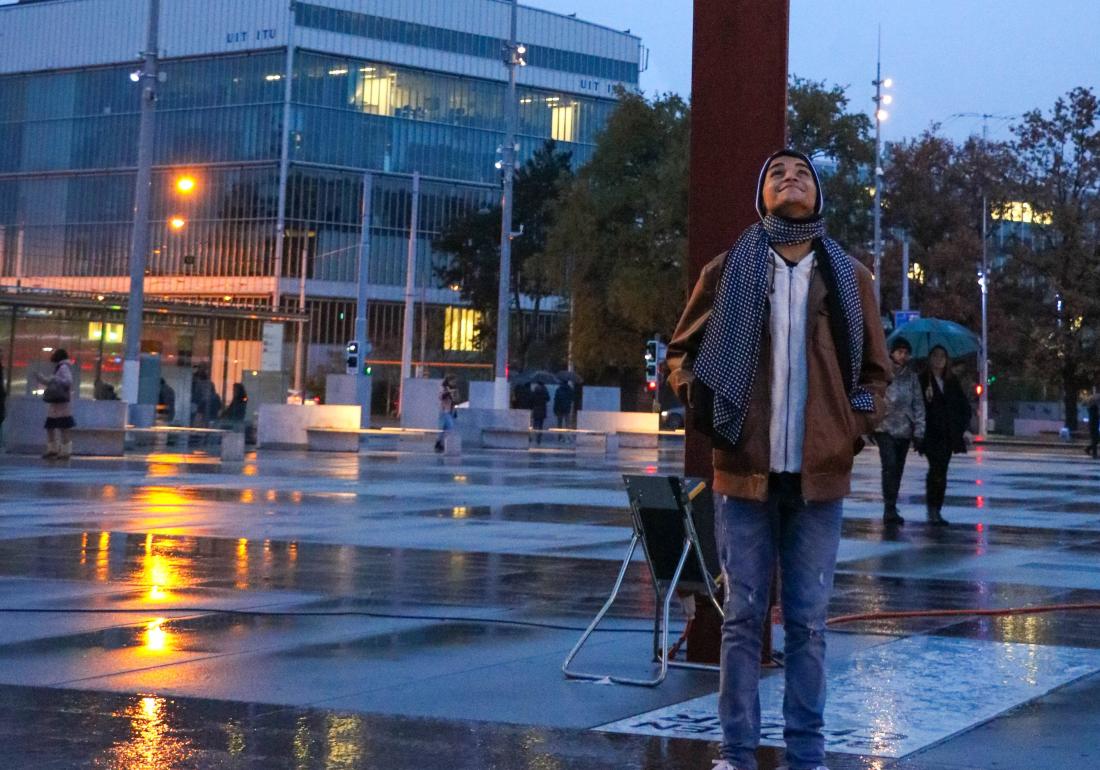
Carlos, 15, a Youth Monitoring of Public Policies member in Brazil
Carlos stood out from the crowd when I first met him in Brazil. At the age of 15, he and his friends are leading child-led and community-based activities that put seasoned veterans to shame. Their goal is to raise awareness of children’s rights and they carry out direct actions to protect children from discrimination-based violence in his city. When I asked why they do this, he replied, with confidence and pride, that children’s rights are essential to childhood, a basic requirement for development and well-being, and – this was the part that blew me away – that when rights are not fully respected, the right-holders themselves have a critical role in ensuring their realisation.
We have seen a number of fascinating research findings over the past year that should challenge and change the way we involve children in the decisions that affect them. In partnership with the University of Edinburgh, we found a growing body of evidence to suggest that child-led research provides promising opportunities to engage children and young people in shaping policies and practices, ultimately creating changes that lead to better lives for them. As efforts to support children and young people in their undertaking of research increase, and for that research to have an impact on policy and practice, it is timely to consider the opportunities and challenges of child-led research.
Children and young people do not need us to tell them what their rights are. They need us to stand with them as they fight for them to be realised. They want and deserve to be heard and participate in decision-making processes relevant to them. Our contribution and responsibility are to create the space and opportunities to empower them to reach their fullest potential and support them to amplify their voices, to increase their engagement everywhere we work. Our commitment to them while commemorating Human Rights Day should be providing appropriate spaces for their engagement, to listen and to act.
